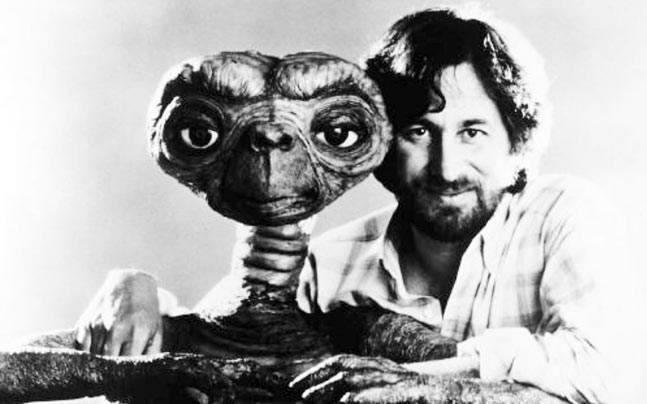If there are aliens out there, Sir Martin Rees feels fairly certain they’re conscious machines, not oxygen-hoarding humans. It’s just too inhospitable for carbon beings to travel beyond our solar system. He allows that perhaps cyborgs, a form of semi-organic post-humans, could possibly make a go of it. But that’s as close a reflection of ourselves we may be able to see in space.
In the BBC Future piece “What If the Aliens We Are Looking For Are AI?” Richard Hollingham explores this theory, wondering if a lack of contact can be explained by the limits we put on our search by expecting a familiar face in the final frontier. The opening:
For more than a century we have been broadcasting our presence to the cosmos. This year, the faintest signals from the world’s first major televised event – the Nazi-hosted 1936 Olympics – will have passed several potentially habitable planets. The first season of Game of Thrones has already reached the nearest star beyond our Solar System.
So why hasn’t ET called us back?
There are plenty of obvious answers. Maybe there are no intelligent space aliens in our immediate cosmic vicinity. Perhaps they have never evolved beyond unthinking microbial slime or – based on our transmissions – aliens have concluded it is safer to stay away. There is, however, another explanation: ET is nothing like us.
“If we do find a signal, we shouldn’t expect it’s going to be some sort of soft squishy protoplasmic alien behind the microphone at the other end,” says Seth Shostak, senior astronomer for alien-hunting organisation Search for Extraterrestrial Intelligence (Seti).
Seti has been actively searching for signs of intelligent extraterrestrial life for more than half a century. Despite tantalising signals (such as this recent one), it has so far drawn a blank. But Shostak believes we should consider looking to our own future to imagine what aliens will be like.
“Perhaps the most significant thing we’re doing is to develop our own successors,” says Shostak. “If we can develop artificial intelligence within a couple of hundred years of inventing radio, any aliens we are likely to hear from have very likely gone past that point.”
“In other words,” he says, “most of the intelligence in the cosmos, I would venture, is synthetic intelligence and that may disappoint movie goers who expect little grey guys with big eyeballs, no clothes, no hair or sense of humour.”•
Tags: Richard Hollingham, Seth Shostak

